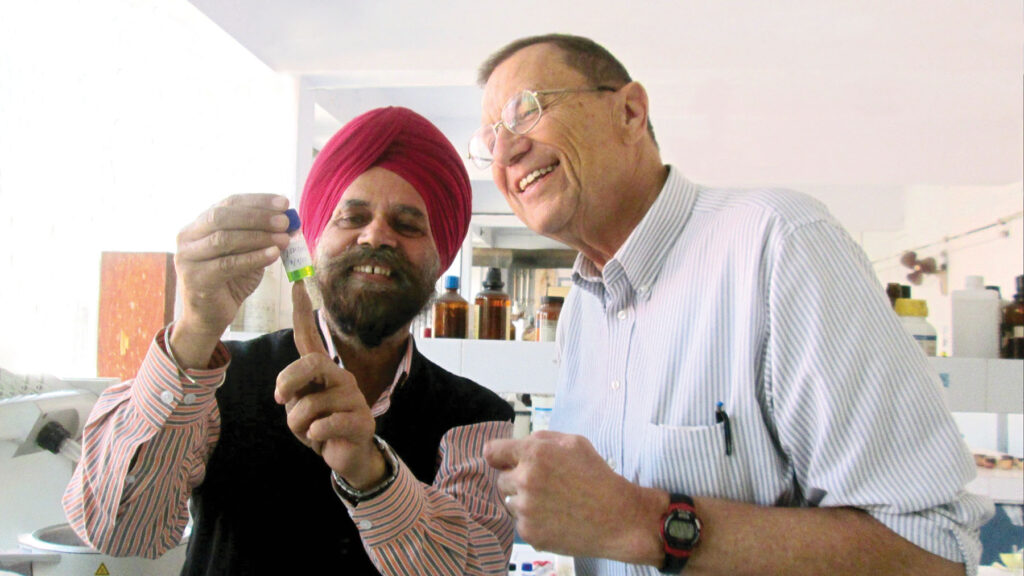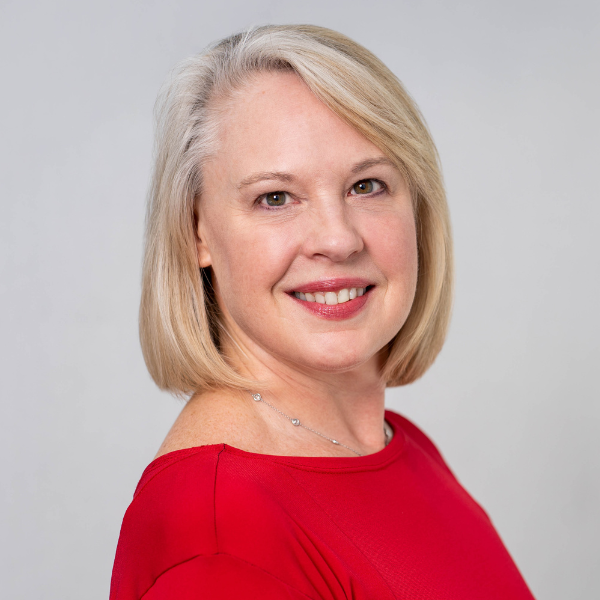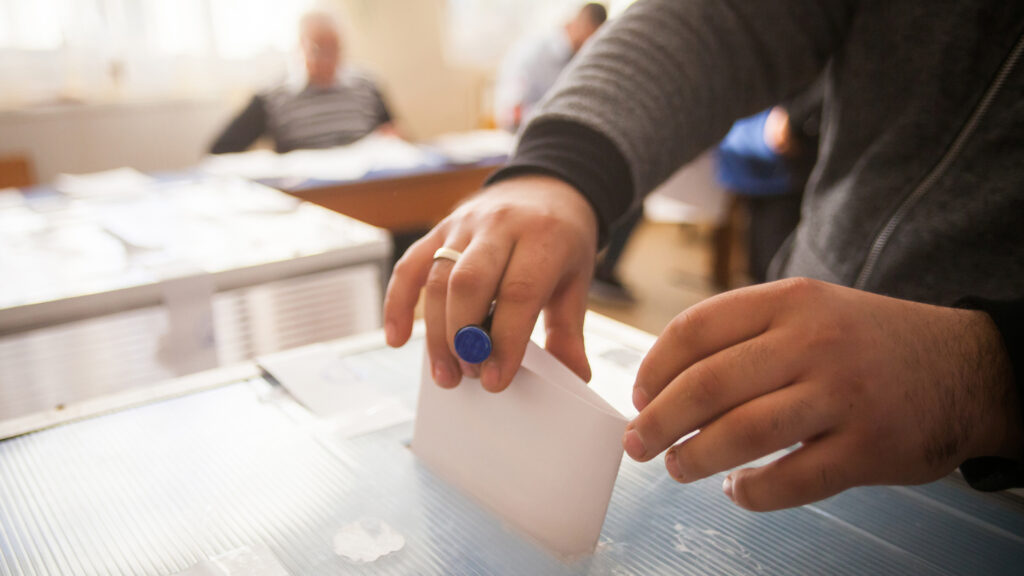Exchange Alumni Are The World’s Best Ambassadors for Cross-Cultural Understanding
In 2024, more than seventy elections will take place in countries that are home to 4.2 billion people—more than half the global population. Elections can have a wide range of political, social, and economic effects, leading to significant policy shifts that will shape our future. From climate change and diminishing democratic ideals to global health crises, the challenges we face transcend national borders, and thus, our responses must be global and grounded in the principles of cooperation and collective action. Students and scholars who have engaged in international education stand on the front lines of this collective action. We must continue to be advocates for change, inclusivity, equity, access, and cross-cultural collaboration and exercise our right to vote.
In an era where isolationism and nationalism threaten to divide humanity, it is crucial to emphasize the importance of collaboration, dialogue, and shared learning. Whether they’re scientists conducting critical mRNA research that will serve as the basis for developing the COVID-19 vaccine; graduate students developing a search engine that will eventually be known as Google; or chemists who discover that CFCs can damage the ozone layer, students and scholars who’ve crossed borders to learn and collaborate with others have created some of the most influential solutions known to humankind. The acquired knowledge, shared insights, and enduring connections formed during these international experiences create ripple effects that promote health, equity, and economic growth that reach far beyond the immediate individuals—benefiting entire communities, nations, and the world.

International education programs such as the Fulbright Program, Gilman Scholarship Program, and the Boren Awards are powerful instruments of diplomacy in the face of rising discord and misunderstanding. The U.S. Department of State and Department of Defense have invested in these programs for decades because they recognize the value of people-to-people exchanges in building mutual understanding and goodwill among countries and individuals. Participants often leave their programs not as mere individuals, but as architects of a collective vision for a more interconnected and compassionate world.
Immersing oneself in a new place among people different from ourselves beckons us to challenge stereotypes, to dismantle walls, and to bridge divides. Exchange programs humanize the “other” and help to foster a sense of shared humanity. This, in turn, contributes to a more peaceful and cooperative world where nations are bound together not only by political alliances but by the enduring ties of shared knowledge and understanding. In classrooms, boardrooms, and community spaces, we must be ambassadors of understanding, recognizing that true strength lies not in uniformity but in the vibrant mosaic of our differences.
IIE, through our own scholarships, fellowships, and emergency grant programs, also provides a lifeline to scholars, students, and artists impacted by global crises. We are not afraid to step up amid a crisis to offer support; this is what we have done for 105 years and will continue to do with the support of our partners and sponsors around the world. We need these and similar international education programs now more than ever. As international exchange participants, past and present, we are constructing a world where collaboration knows no bounds. Let us not forget that the potential for a world united by knowledge, understanding, and shared humanity is within our grasp.

